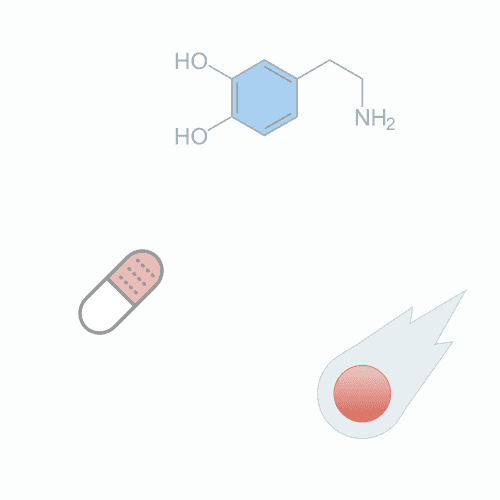Nelson Vergel
Founder, ExcelMale.com
'Dopamine is the neurotransmitter that seems to make life itself rewarding. In this post, I'll teach you how to fuel your brain with dopamine supplements.
Dopamine is the motivation molecule. It makes your favorite activities exhilarating and life accomplishments satisfying. Optimizing the dopaminergic system will improve your executive function and motivation.
On the flip side: lethargy, ADHD, apathy, depression – these mental states are associated with impaired dopaminergic functioning.
If you're anything like me, then your motivation and ambition wax and wane. This can be hugely problematic if you're in the middle of a major project and need focus and energy to see it through. Nootropics and supplements are a great way to buffer your motivational reserves."

 getzonedup.com
getzonedup.com
Dopamine is the motivation molecule. It makes your favorite activities exhilarating and life accomplishments satisfying. Optimizing the dopaminergic system will improve your executive function and motivation.
On the flip side: lethargy, ADHD, apathy, depression – these mental states are associated with impaired dopaminergic functioning.
If you're anything like me, then your motivation and ambition wax and wane. This can be hugely problematic if you're in the middle of a major project and need focus and energy to see it through. Nootropics and supplements are a great way to buffer your motivational reserves."

How To Use Dopamine Supplements to Hack Motivation
Dopamine is the neurotransmitter that seems to make life itself rewarding. In this post, I’ll teach you how to fuel your brain with dopamine supplements.














